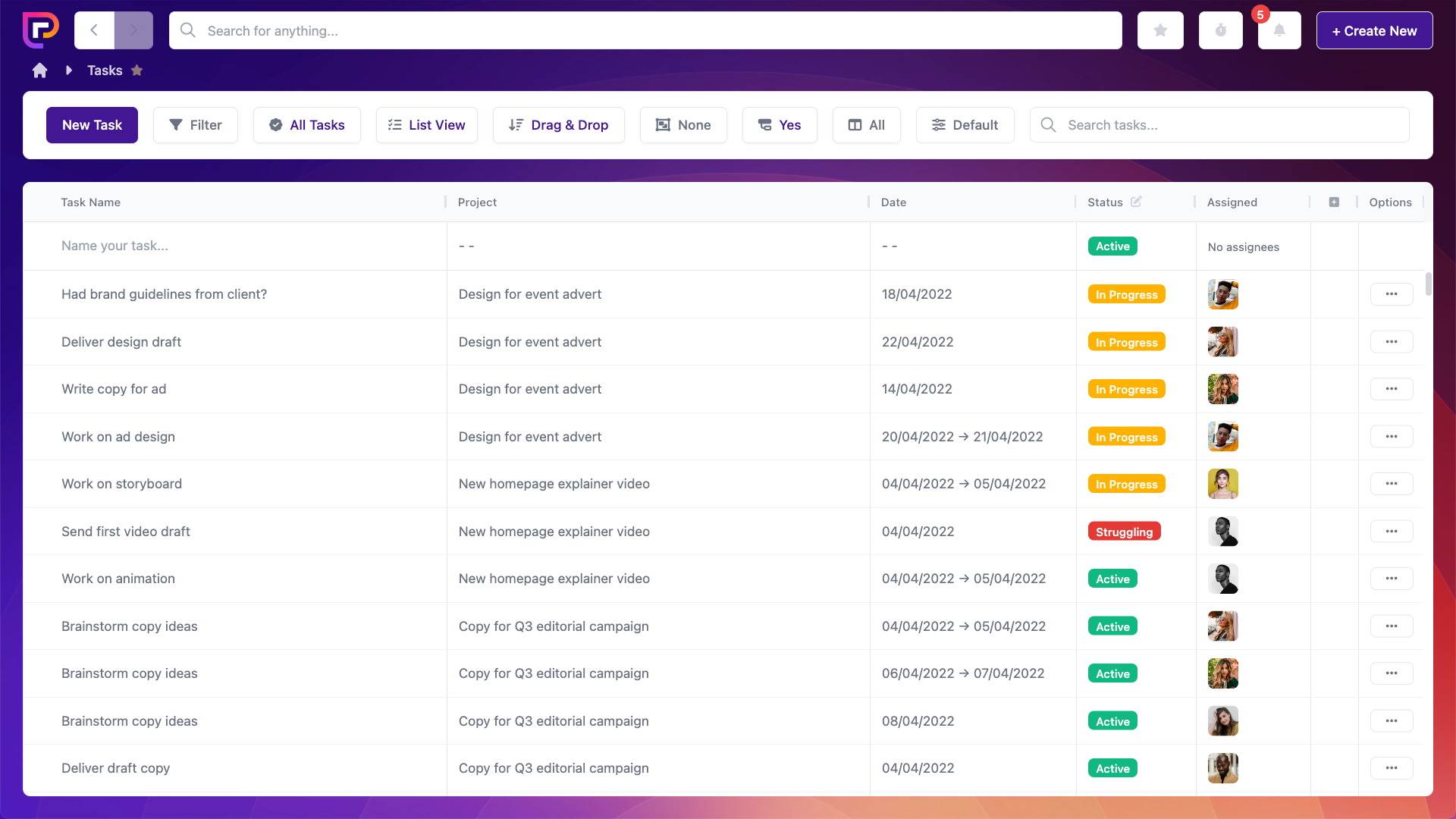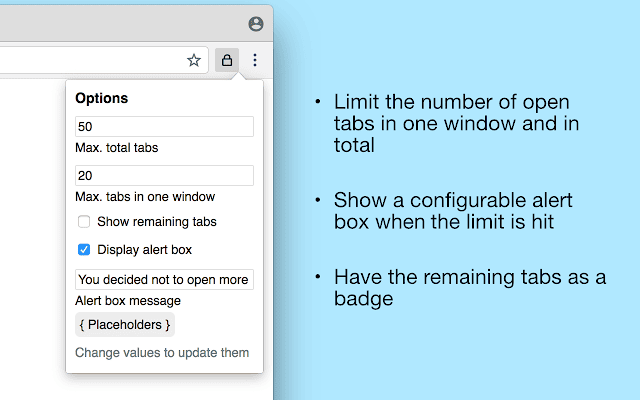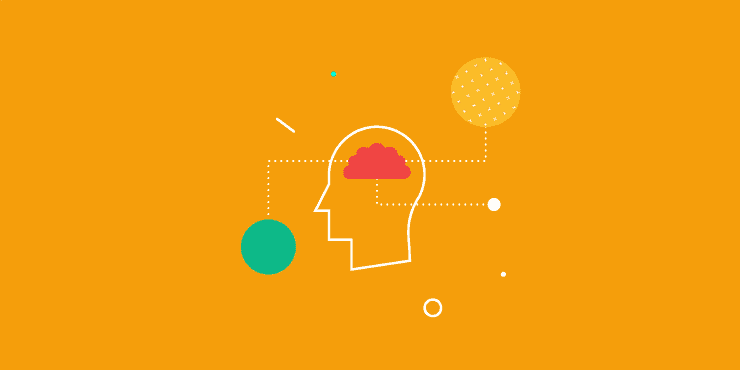Last updated on 26th June 2024
Distraction is innately human. We’re evolved to survive in a very different world to the one we live in today. To deal with very immediate threats – like, say being chased by a lion.
We’re definitely not supposed to spend 8 hours plus focusing on a spreadsheet!
And sadly, we don’t have an on/off button that makes us concentrate.
Lacking focus doesn’t make you lazy, or feckless, or lacking in commitment to your work.
But that’s not to say that it’s harmless. Left unchecked, a lack of focus can be utterly toxic to your overall productivity levels.
Like most sources of adversity in life, it’s not about avoiding or eliminating it, but how you deal with it.
In this article we go beyond the motivational soundbites and offer some actionable advice: tools and tips to try when you notice your focus is on the slide and, ultimately, want to get more out of your days.
1. Start each day with a plan
There are a few reasons why creating a plan for the day is a great idea.
One, there’s a proven link between planning and productivity. The author Brian Tracy suggests that, by taking 10-12 minutes to plan out your day, you can ‘10x’ that time – saving 100-120 minutes in wasted time and diffused effort through the day. Imagine what you could do with an extra two hours each day?
Two, it helps you define success. Getting super clear about what you want to achieve each day gives you a clear sense of purpose and motivation when things get difficult and your mind starts to wander. You have a clear roadmap to refer back to, and mini achievements – ticking things off, on schedule, throughout the day, gives you the dopamine hit you need to keep up your momentum.
Three – it’s clearly and demonstrably good for your sanity.
As your first task each morning, consider setting not only a plan for what you’re going to do – but set yourself soft ‘mini-deadlines’ for each task.
The tasks section of Project.co helps you do this. The tasks tool gives you a chronological list of all the tasks you have due today, and over the coming days, which you can filter to see only your own…

…as you finish each task, you can simply click the checkbox in the left-hand column to mark it as complete.
You can also view your to-do list items in other views such as Scheduler, Kanban and Calendar.
2. Eat the frog
“Eat the Frog” is a phrase first coined by legendary writer Mark Twain, who famously said that, if the first thing you do in the morning is eat a live frog, you can go through the rest of the day knowing the worst is behind you.
Of course, this is a metaphor for doing your hardest or least favourite task first in the day, when you’re at your most energetic and focused. Later on in the day, when your focus wanes and you’re more distracted, you’re working on easier or more enjoyable tasks that either require less focus, or hold your focus more effectively.
This is a simple but surprisingly effective way to get the most out of your days.
3. Take scheduled breaks
We’ve talked already about some of the built-in limitations of the human brain.
Something that not a lot of people talk about is how incompatible our brains are with the working pattern we’ve mostly settled on.
The working day for most people is around 8-10 hours, and, frankly, it’s impossible to focus on anything for that kind of unbroken period.
If you try, your brain will take matters into its own hands – whether consciously or subconsciously, you lose focus, you get distracted and you don’t perform at your best.
Our point here is that you will need to take a number of breaks during your day. And the best way to do it is to build it into your day – take control – by scheduling them rather than letting them happen spontaneously and interrupt your work. This will help make the most of both your breaks and your working periods.
Many swear by the pomodoro technique – 25 minute work periods interspersed by 5 minute breaks – but the truth is, you can build this however it works best for your day. Break Timer is a simple but powerful app and Chrome Extension that allows you to set customisable work/rest periods.

Build breaks into your workflow and you’ll make your productive time more productive – while optimising your mental health, resetting your focus/memory and playing to your strengths.
4. Tidy your work area
This sounds like pseudoscience but there’s a clear empirical link between levels of tidiness and productivity.
This was confirmed by an experiment in which more than 100 undergraduate students were exposed to either a perfectly tidy workspace, or a workspace that was cluttered with discarded cups, papers, etc.
The students were then brought to a separate room to attempt a puzzle that was literally impossible to solve.
The students who began the experiment in the tidy workspace attempted the puzzle for an average of 18.5 minutes, compared to an average of just 11 minutes for the students who started off in the cluttered work space.
The report concluded that, as persisting with difficult tasks is a measure of self-regulation, the messy environment posed a threat to people’s sense of personal control that diminished their mental resources, which in turn harmed their ability to self-regulate. In other words, messy, undtidy workplaces undermine people’s persistence in completing tasks, therefore affecting productivity.
So, if you’re struggling on a daily basis to stay focused – take a look at your workspace and ask: could it be tidied up a little?
5. Limit the number of tabs you have open
For modern creatives, the way ineffective multitasking most commonly manifests itself is ‘tab overload.’ You know, where you open this tab, and that tab, and that article you really need to read later, and that email window, and that social media tab in case you get any notifications, and that expense form spreadsheet you need to fill out before the end of the day.
Before you know it, you have 25 tabs open, your browser is slowing down, and your focus is all over the place as you’re pulled from task to task without any momentum in getting any of them actually done.
If that sounds familiar, install Tab Limiter right now.

It’s a Chrome extension that lets you set a limit on the number of tabs you can have open at any given time. Simple, but effective – and, with say a maximum of 3-5 tabs open at a time – you’ll find you can focus on getting stuff done before moving onto the next deliverable.
6. Seek and destroy YOUR distractions
One of the constant themes throughout this article has been the need for self-reflection, and building solutions that address your unique needs and challenges.
Naturally, different people have different sources of distraction. Different things that interfere with their ability to focus.
An important point here, then, is to be mindful of this and identify little areas you can help yourself.
– If it’s websites, use a site blocker that can be tailored and works for your personal break schedule, like Procrastinator.
– If it’s email, leave your email client closed most of the day and check it again at fixed intervals.
– If it’s meetings, use your calendar to communicate to your colleagues that you have certain periods that aren’t available for meetings.
Whatever the source – eliminate it, and build a healthier working day for your own unique needs.
7. Track your caffeine intake
In a world where so many of us need our morning coffee to get fired up for the day – and rely on a caffeine boost to help us drive through tasks, this seems counterintuitive.
But it’s a known fact that, as we increase our caffeine intake, we develop a tolerance – meaning we need more and more to get the same effect.
Problem is, this soon becomes a real balancing act – too much caffeine can actually be massively detrimental.
“Overconsumption of caffeine can cause anxiety, jitters and nervousness,” notes Cristen Harris, PhD, RD, CSSD, assistant professor in the Department of Nutrition & Exercise Science at Bastyr University in Seattle, Washington.
“It can also cause an inability to focus, digestive discomfort, insomnia and irritability.”
There are apps available for Android and Apple that let you track your intake quickly and easily and give you trend information over time. If you’re perpetually distracted, it might be that you’re getting your caffeine intake wrong.
8. Go home and switch off at the end of the day
One particularly unhelpful part of modern Western attitudes to work is the romanticisation of ‘long’ hours – the idea that the more you work, the more you’ll get done.
This, combined with advances in communication technology and more people working from home, means that – increasingly – many people are expected to be available at all hours, meaning no real sustained break from the pressures of work.
But, just as we outlined with the importance of break periods – this blurring of lines between work and leisure is really detrimental, not just to our leisure time, but also to our work time.
If we’re always available, then our focus during work times is invariably compromised.
If there’s one thing that’s going to help you increase your focus during working hours, it’s making the distinction between work and personal time as clear as possible.
Once your day is done, make sure there’s a clear delineation: go home and/or switch off your computer and relax. Avoid checking work emails during evenings or weekends unless it’s absolutely necessary.
9. Focus on the ‘why?’
Something we see in human psychology, time and again, is that ‘what’ you’re doing is much less important than ‘why.’
We can achieve some pretty amazing things when the goal is big enough, or the ‘reason’ worth buying into.
If you’re not focused on the ‘why,’ it becomes much more difficult to focus on the daily ins and outs of what needs to be done.
Essentially, if you’re struggling to focus – perhaps you’re too preoccupied with the daily minutiae, and not excited enough about the big picture.
Rather than wallowing in the drudgery of each day, take some time to get clear about your goals and what it would mean to make them happen.
A good model is to contemplate yourself in a year’s time: what will it look like if you keep ‘showing up’ with those little bits of focus and effort? How does that stand up to what you will have achieved if you don’t?
10. End each day with a period of reflection and think on your achievements
Just as it helps to plan your day, as we covered in our first pointer – it also helps to reflect on what you’ve achieved and whether you’ve delivered on what you said you would.
If you did achieve your goals for the day, great – you have the self assurance of knowing you achieved what you needed to and you’re on the road you want to be on. This helps build a powerful sense of forward momentum and progress that becomes a virtuous cycle.
If you didn’t, then don’t beat yourself up – but it’s important to evaluate why you didn’t. What got in the way – and what can you do differently tomorrow?
For example, our teams fill out an ‘End of Day Report’ that evaluates what we worked on, what we signed off, how we’re feeling in terms of capacity, whether we have any issues and how we’re feeling generally.
Final thoughts
Ultimately, as we’ve mentioned a few times, improving work focus is a deeply personal thing – a process which involves evaluating your own strengths, weaknesses, your own goals, ambitions and drivers.
It’s also not an ‘all or nothing’ thing. There are always bumps in the road, days when you crush it and days when you just can’t get started. But the important thing is mindfulness – understanding that you’re not doing anything wrong – to err is human – but that there are lots of things you can do to help yourself improve. Good luck!
And while we’re on the subject of improvement – if you’re passionate about productivity, organisation and communication – check out Project.co for free. You won’t regret it!


